18 June 2024
The development of electric vehicle (EV) technology is rapidly changing the automotive landscape around the world. Electric cars are becoming increasingly popular, and charging them is an essential part of everyday life for owners. EV charging adapters have become an indispensable accessory, allowing vehicle charging in various locations and with different types of sockets. Without them, many charging stations would not be compatible with the various standards used by electric car manufacturers. This article provides an in-depth look at EV plug types and discusses the role of adapters in electric car charging. We will answer questions such as when adapters are needed, why they are important for cars from Japan and the USA, and why CHAdeMO is becoming an increasingly unpopular standard. We will also touch on the differences between adapters on a cable and those in a compact design.
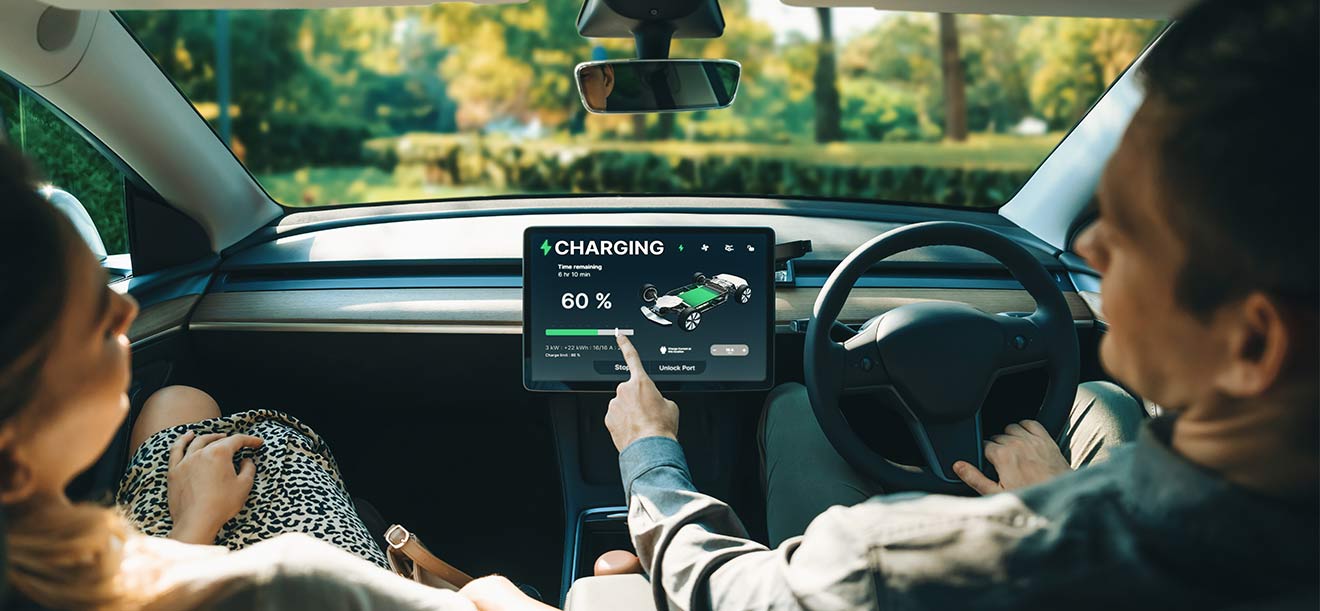
Diversity of Electric Car Charging Standards
As an EV owner, it is crucial to understand the different charging standards. This knowledge is key to effectively using electric cars. EV plugs vary depending on the region and technical specifications, making adapters necessary. They allow vehicles to be charged in a variety of conditions, which is particularly important for international travel. They enable EV owners to use a wide range of charging stations, minimizing compatibility issues and ensuring optimal charging.
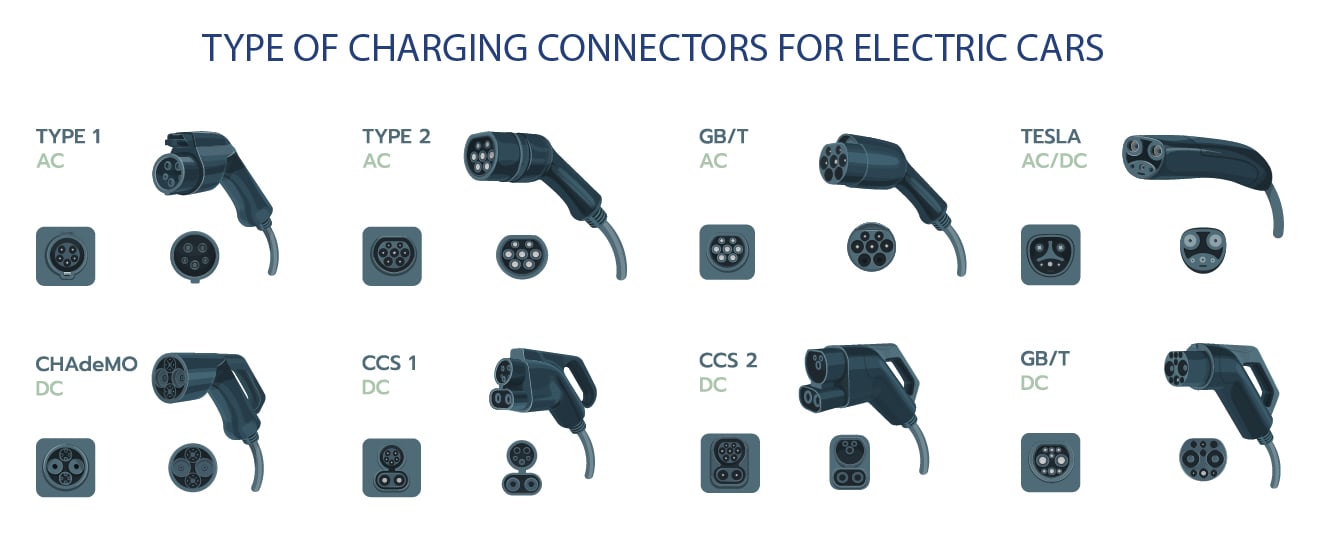
Types of EV Plugs
To fully understand electric car charging options, it is essential to know the EV plug standards and their applications.
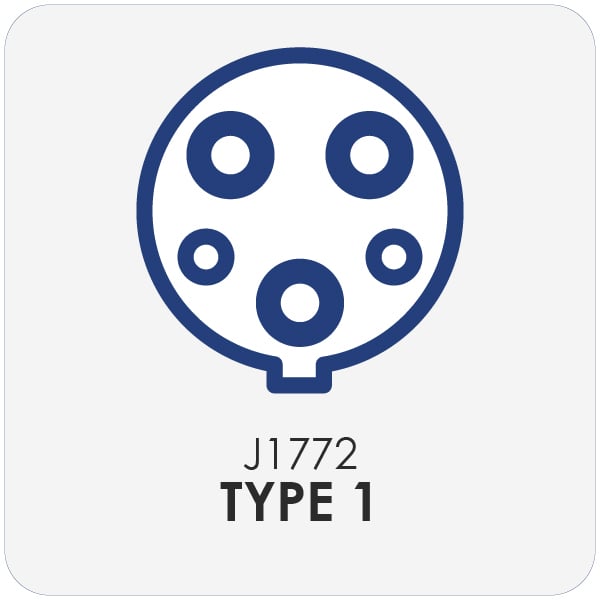
The Type 1 plug, also known as SAE J1772, is widely used in North America and Japan. This single-phase connector is designed for AC charging up to 7.4 kW. It features five pins: two for supply current, one for ground, and two signal pins. Type 1 is mainly used in American and Japanese vehicles such as the Nissan Leaf and Mitsubishi Outlander PHEV.

Type 2 (IEC 62196-2), also known as the Mennekes connector, is the European standard. This three-phase connector can handle up to 22 kW in AC charging. The Type 2 plug has seven pins: three for current, one for neutral, one for ground, and two signal pins. It is used in most European electric vehicles, such as the BMW i3 and Renault Zoe.

The GB/T connector is the Chinese standard for both DC and AC charging. GB/T for DC enables fast charging at up to 237.5 kW, while for AC, it supports up to 43.5 kW. It features a simpler design with fewer pins than CHAdeMO, making it easier to use. This standard is widely used in China and is gaining popularity in Chinese-made vehicles exported to international markets.

CHAdeMO is a DC charging standard developed by Japanese companies such as Nissan, Mitsubishi, Subaru, and Toyota. It allows fast charging at up to 50 kW, with newer versions supporting up to 100 kW. This standard is characterized by a large connector with many pins, allowing quick power transfer and data exchange between the vehicle and the charging station. CHAdeMO is commonly used in Japan and some regions of Europe and the United States.
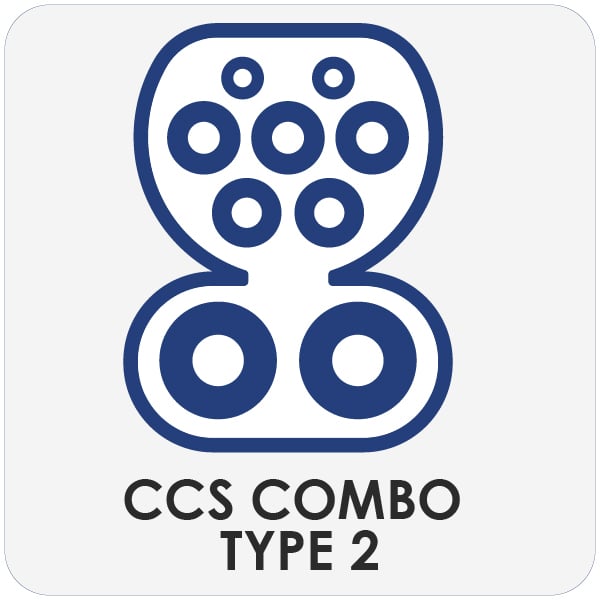
The Combined Charging System (CCS) is a universal standard that combines AC and DC charging capabilities. CCS uses a Type 1 (CCS 1) or Type 2 (CCS 2) connector for AC charging and two additional pins for DC charging, enabling up to 350 kW in the latest versions. CCS is widely used in Europe and North America, supported by most modern electric cars such as the Volkswagen ID.4, Audi e-tron, and Porsche Taycan.
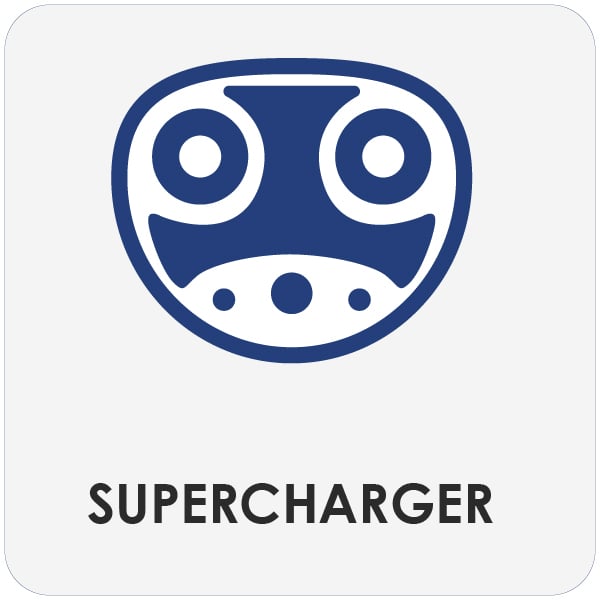
Tesla has its own charging standard known as the Tesla Supercharger, designed exclusively for Tesla vehicles. It allows very fast DC charging at up to 250 kW. In Europe, since 2019, new Tesla models are equipped with a CCS connector, allowing them to use both Superchargers and other CCS-compatible stations. In North America, Tesla still uses its own standard.
Why is CHAdeMO Becoming Less Popular? The End of CHAdeMO?
CHAdeMO, one of the first fast charging standards, is gradually being replaced by more universal and modern solutions like CCS (Combined Charging System). Although CHAdeMO is still present, particularly in Japan, fewer new charging stations offer this connector, and car manufacturers are leaning towards more common standards. Therefore, CHAdeMO to CCS adapters may be essential for owners of older electric vehicles to use newer charging stations.
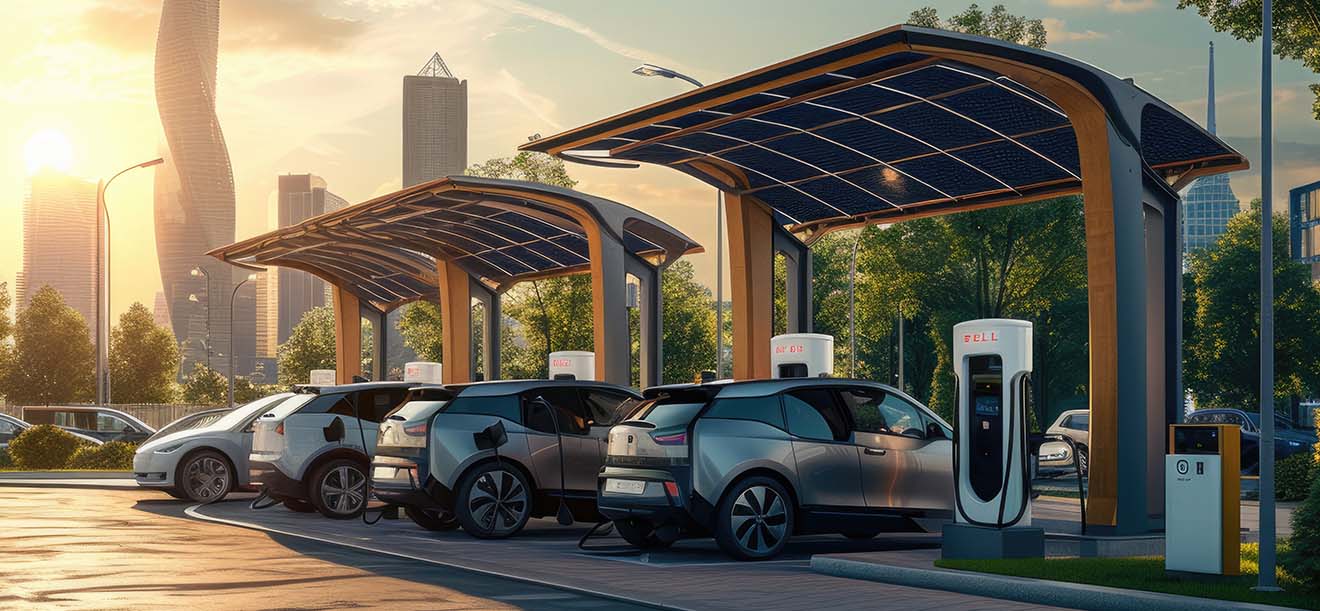
The Role and Importance of Electric Car Charging Adapters – Why and When They Are Needed?
Electric cars from different manufacturers and regions may use different charging standards. Therefore, adapters are essential tools that allow drivers to charge their vehicles regardless of the plug standard available at a particular charging station.
EV charging adapters are particularly useful in several situations:
- International Travel — Different countries use various socket and plug standards. An adapter allows connecting the vehicle to the local charging infrastructure.
- Different Types of Chargers — Public chargers are not compatible with every type of vehicle. An adapter enables using a wide range of chargers regardless of the plug standard.
- Home Charging — Homes may have different types of sockets installed. Adapters allow connecting the vehicle to the home power source without needing to install a new socket.
- Transitional Technological Period — Older electric car models often use technologies that are not compatible with newer charging stations. Adapters enable charging older vehicles at new stations.
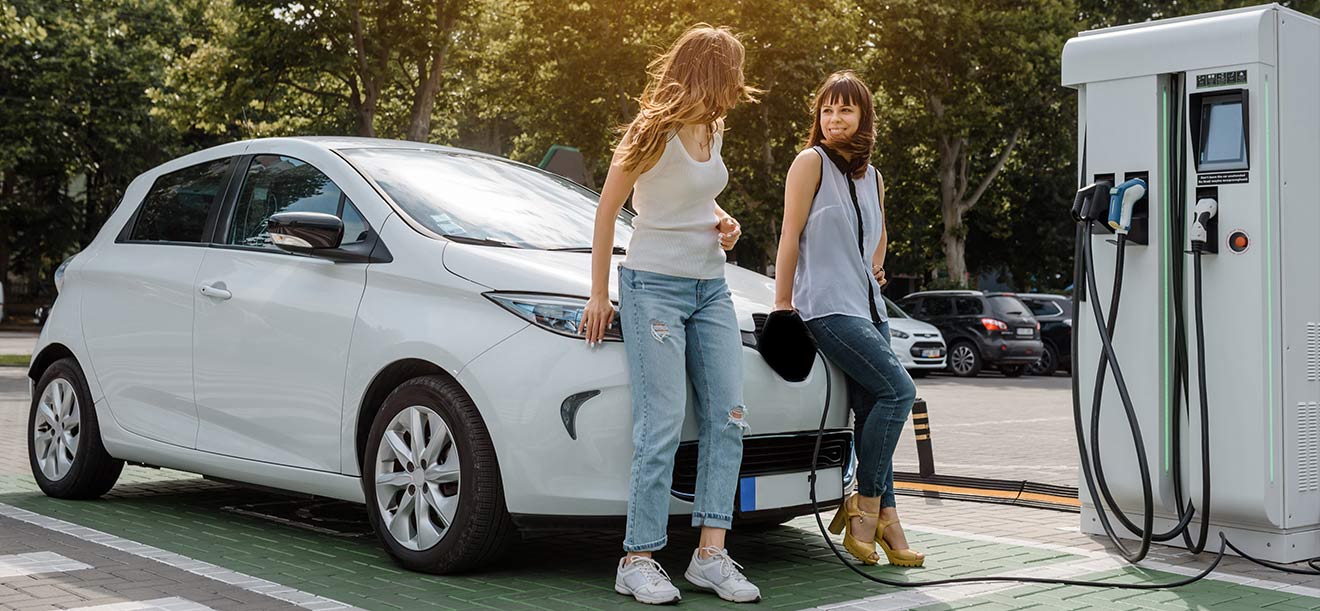
EV Charging Adapters – Cable or Compact Design?
EV charging adapters come in two forms: cable and compact design. Each type has its advantages and disadvantages worth considering before purchase.
Types of Compact EV Charging Adapters
Compact adapters are easy to store and less prone to mechanical damage, but they may be less flexible in use. Popular EV adapters include:
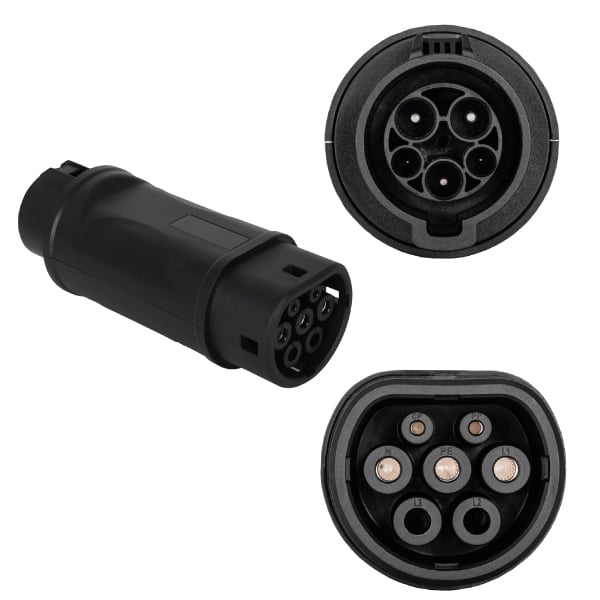
Type 1 to Type 2 Adapter allows connecting a Type 2 vehicle to an older EVSE charger with a Type 1 plug. This is useful for delaying the upgrade of a private charging station or when traveling with a European EV in North America and Japan.
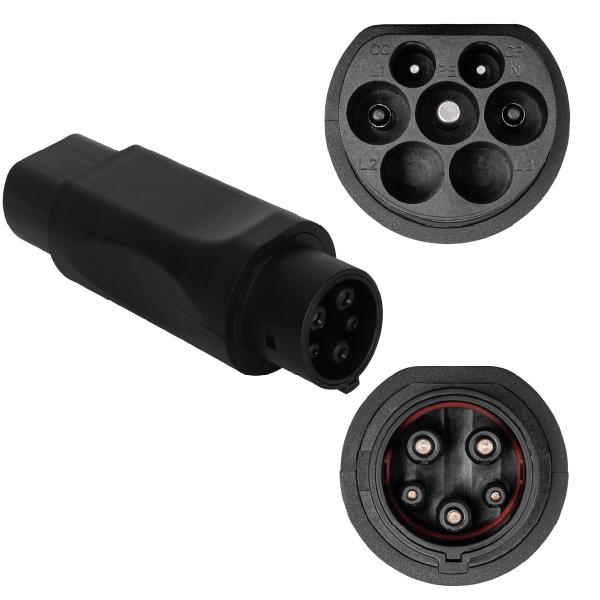
Type 2 to Type 1 Adapter is mainly used in Europe, where most charging stations use Type 2 connectors. Older car models and EVs imported from North America have Type 1 plugs.
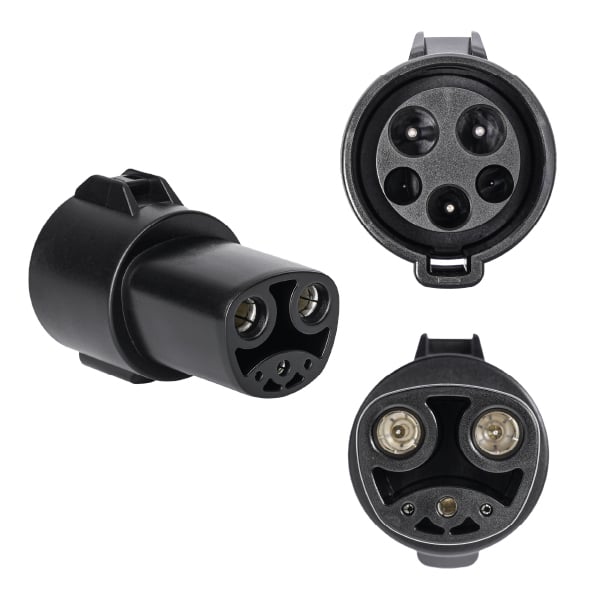
Type 1 to Tesla Adapter is essential for Tesla owners imported from North America to Europe. It allows charging Tesla vehicles at European EV charging stations.
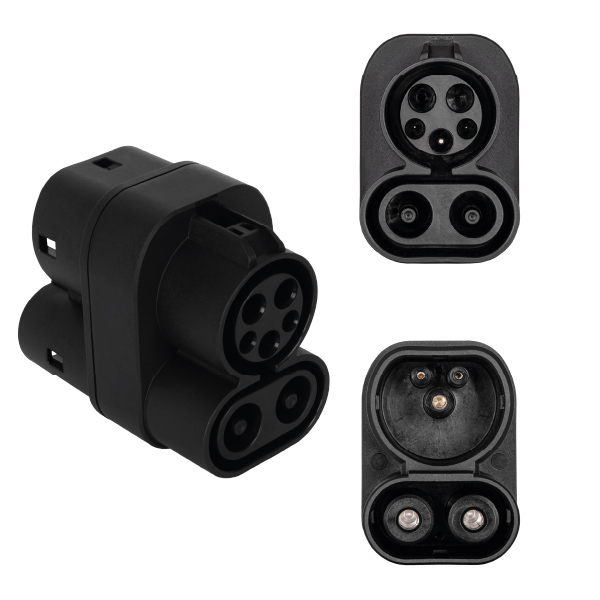
CCS Combo 1 to CCS Combo 2 Adapter is necessary for owners of electric vehicles imported from the USA to Europe. In North America, CCS 1 is standard, while in Euope, DC fast charging stations mainly use CCS 2.
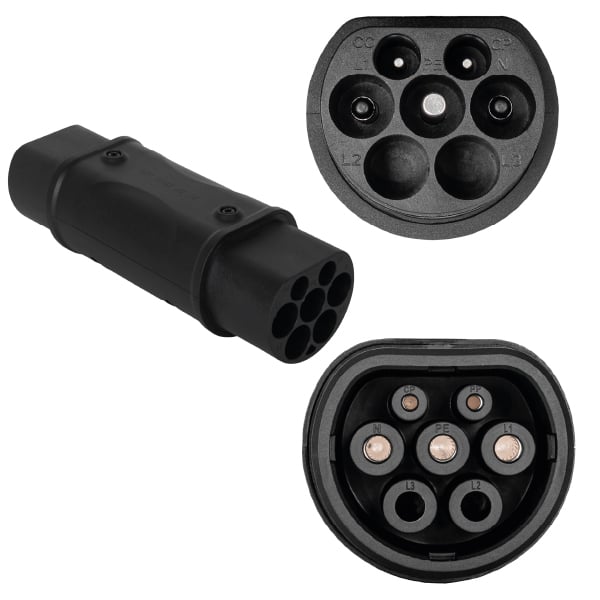
Type 2 to GB/T Adapter is needed for charging electric vehicles imported from China. The Chinese GB/T charging standard differs from the European Type 2, so this adapter ensures compatibility and allows charging Chinese EVs at European charging stations.
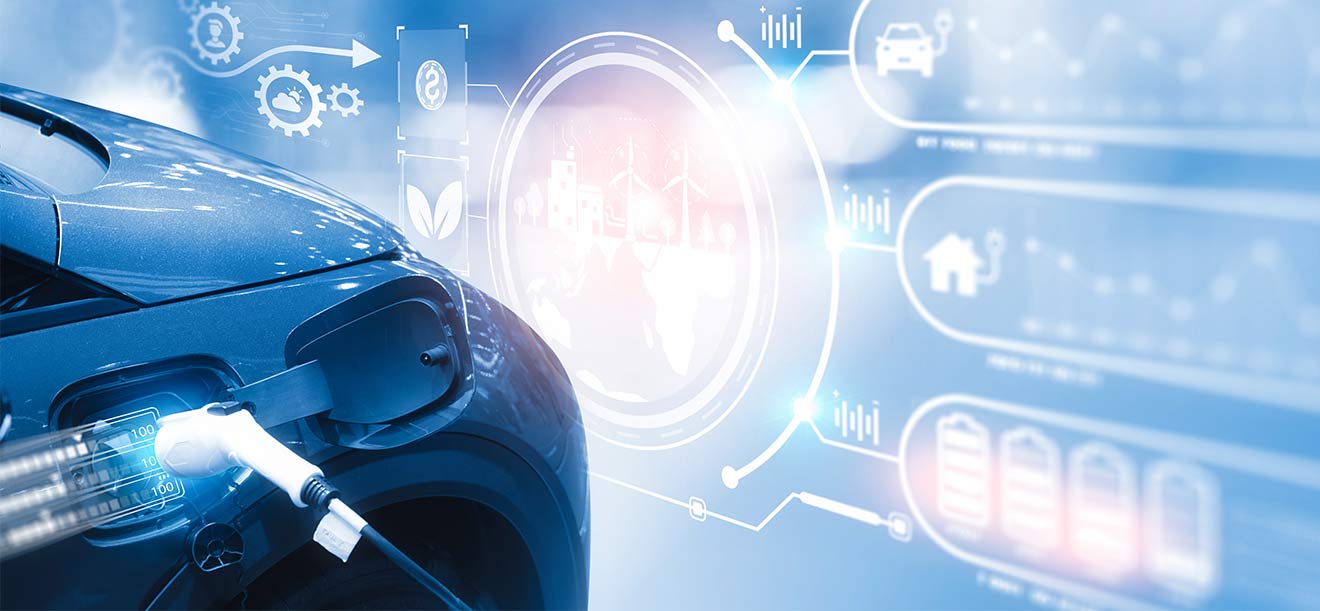
Cable EV Charging Adapters
Cable adapters are flexible and allow easy connection to different types of chargers, but they may be less convenient to store due to the additional cable length.
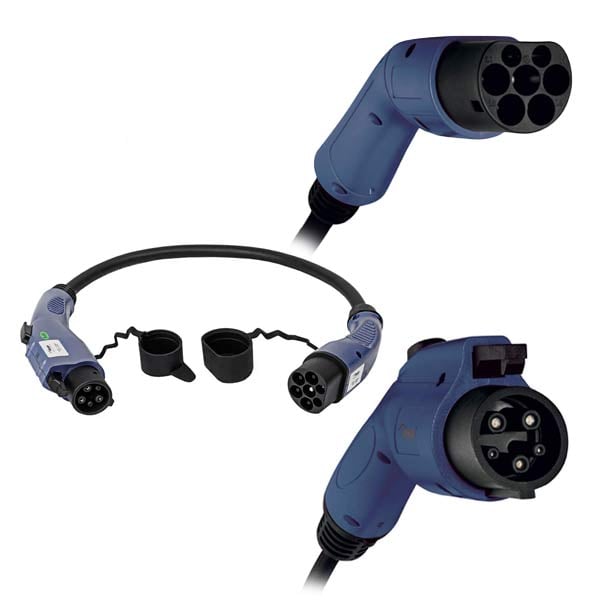
Type 2 to Type 1 Cable Adapter allows easy connection of a Type 1 vehicle to Type 2 charging stations.
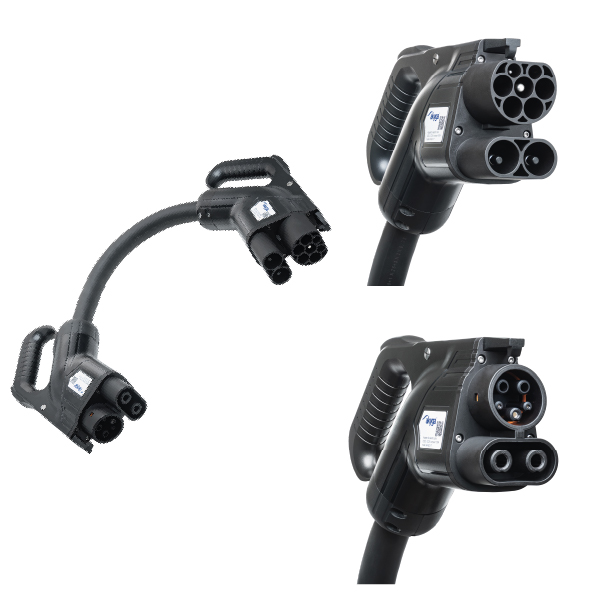
CCS Combo 1 to CCS Combo 2 Cable Adapter allows DC charging of cars imported from overseas at European fast charging stations, just like the compact version.
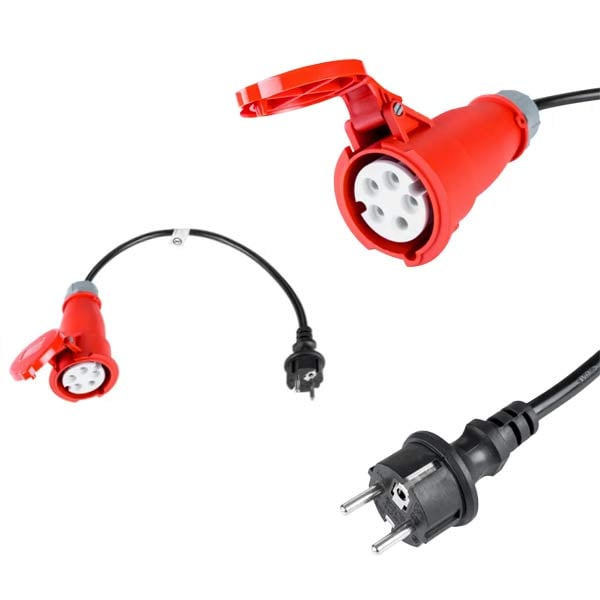
CEE 5-pin to CEE 7/7 Adapter is useful for occasional charging from a home socket. If you typically use a three-phase charger, this adapter easily converts it to single-phase without needing to buy another charger for your electric car.
Why Buy an Akyga® Brand Adapter?
While EV adapters are extremely useful, using them comes with some challenges. Low-quality adapters from unreliable sources can lead to reduced charging efficiency or even compatibility issues. Therefore, it is worth buying an adapter from a reputable manufacturer like Akyga®:
- Quality and Reliability — Akyga adapters are made from the highest quality materials, ensuring long life and reliability. This way, you can be sure your electric car is always ready for the road.
- Compatibility — They are designed to be compatible with a wide range of vehicles and charging stations, providing users with maximum flexibility.
- Safety — Akyga products meet all necessary safety standards, ensuring safe charging of your vehicle.
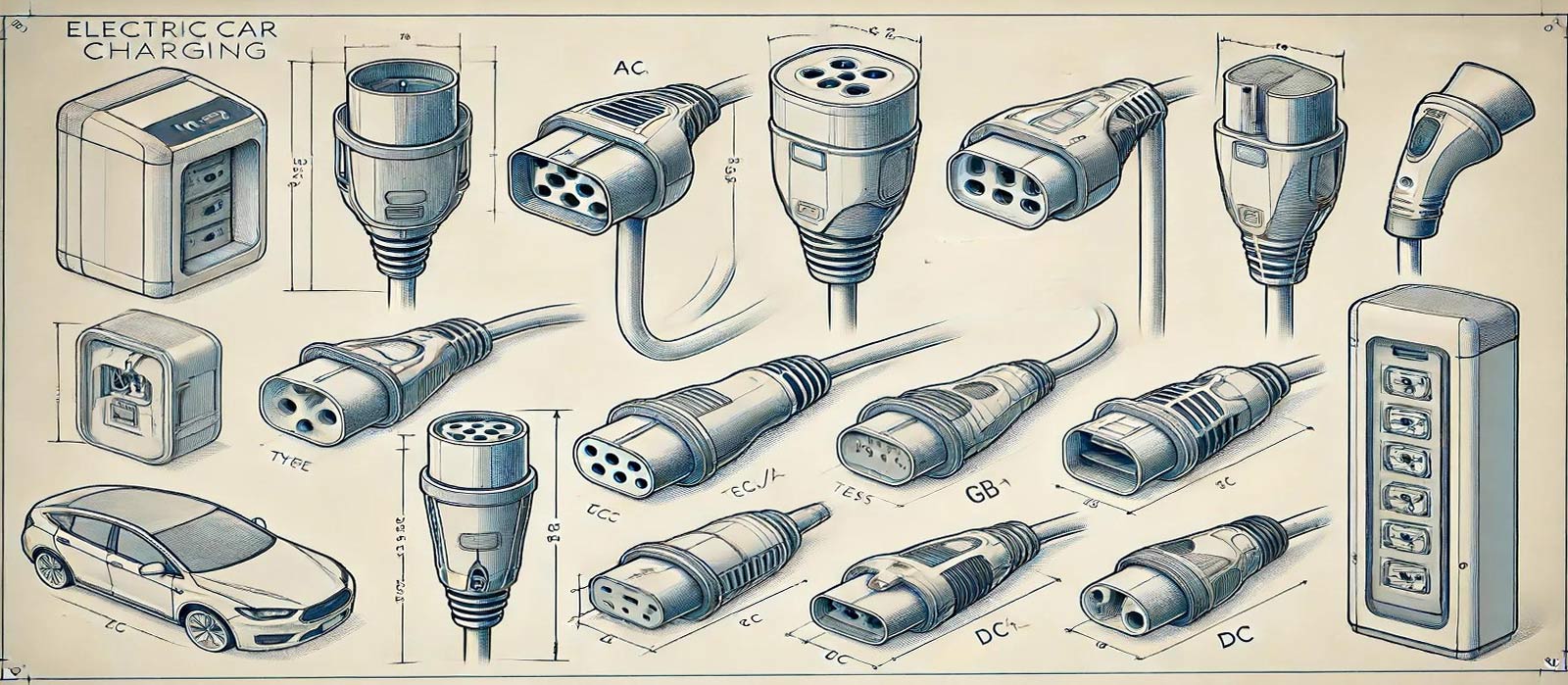
Choose the Right Adapter for Your Electric Car
EV adapters are an indispensable element in the dynamically developing world of electric cars. The variety of EV plug standards means that using the right adapters ensures flexibility and convenience for owners who want to be sure they can charge their car in various places and conditions. The choice of the right EV adapter, whether cable or compact, depends on the individual needs and preferences of the user. If you own a car imported from China, Japan, or the USA, an older model using CHAdeMO, or simply want to be prepared for changing charging standards, EV adapters will ensure you can charge your vehicle in any situation.
If you have questions or need help choosing the right adapter, our specialists are at your disposal. Contact us and join the growing community of satisfied Akyga customers.
